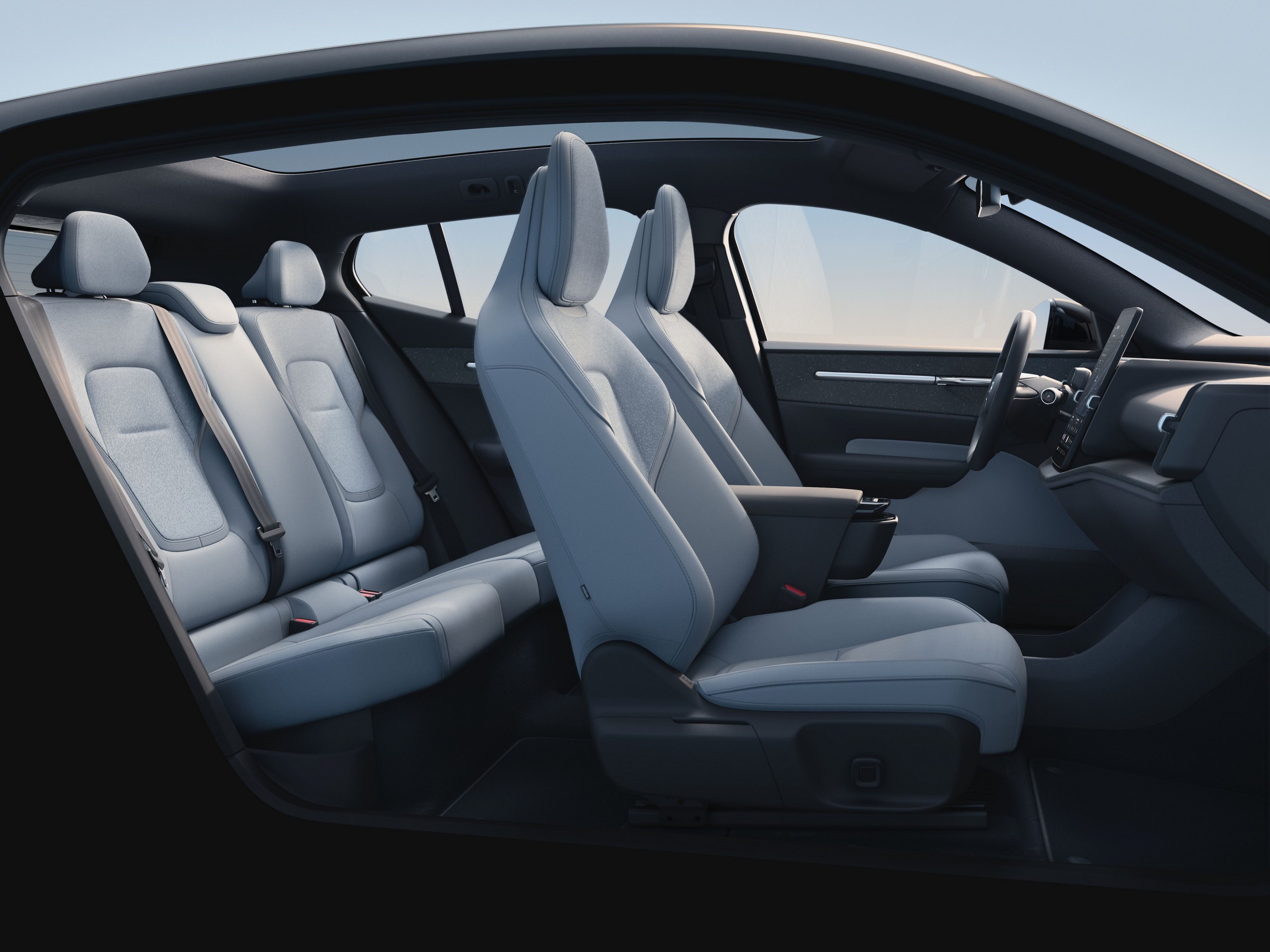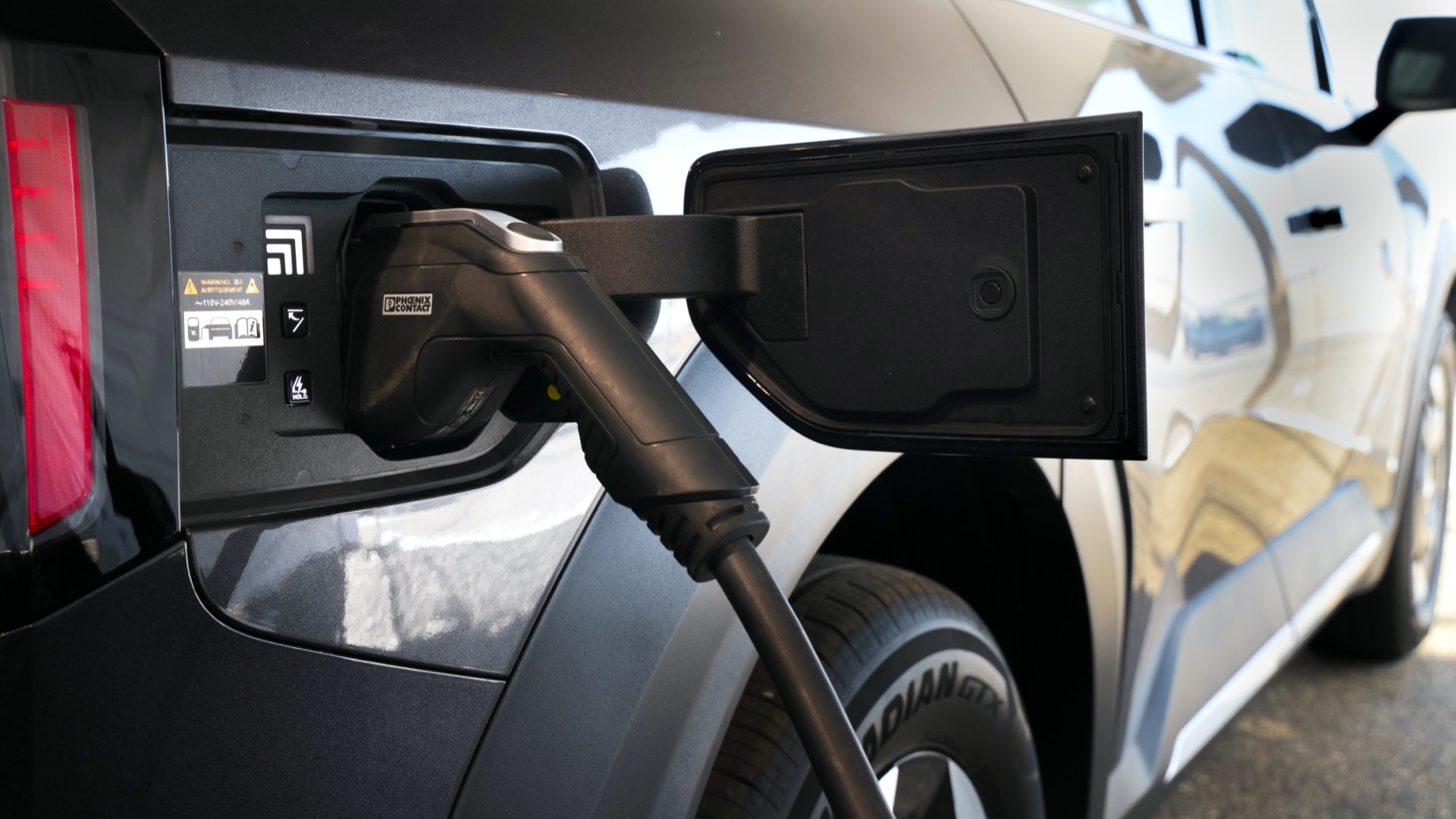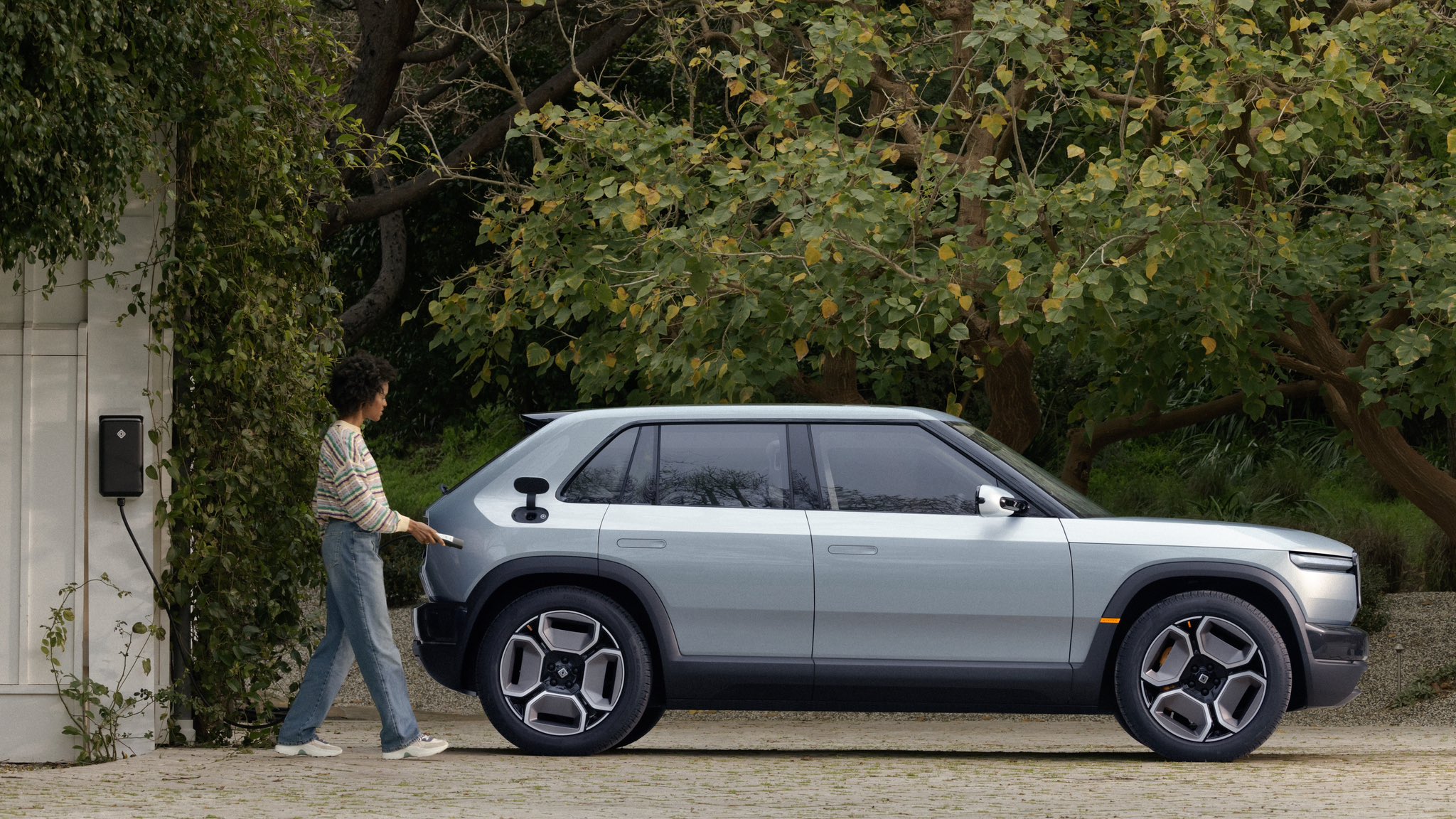A new study by the non-profit utility organization EPRI and the Natural Resources Defense Council (NRDC) explores the impact of EVs on the power grid. While their findings suggest, widespread EV adoption could result in electricity consumption for charging reaching 65% of today’s total grid demand by 2050.
Also, there’s a silver lining.
The researchers also anticipate significant efficiency improvements in EVs over the next three decades. These advancements could potentially cut energy consumption in half, reducing the overall grid demand from EVs by 20%. This optimistic outlook suggests that EVs might not require as much grid expansion as initially feared and could even lead to billions of dollars saved for consumers.

The EPRI and NRDC study dives deeper into how to achieve these EV efficiency gains. They identify several areas for improvement: aerodynamics, reduced rolling resistance (think less energy lost through tire friction), powertrain advancements, and lighter vehicles. The study suggests that achieving these improvements without significantly increasing vehicle costs could lead to a massive saving of $200 billion in transportation-related energy costs for consumers.
The study’s assumptions are quite ambitious.
For example, they project a dramatic weight reduction for EVs – from a current curb weight of 4,104 pounds for a 300-mile EV down to a much lighter 1,952 pounds by 2050. Also, they anticipate a 50% reduction in tire rolling resistance. These advancements would not only lessen the strain on the grid but also significantly reduce the environmental impact of EVs by requiring fewer battery materials per vehicle.

This aligns with the recent call for a battery breakthrough by Stellantis CEO Carlos Tavares but achieves efficiency through a combination of improvements and not solely relying on battery technology.

